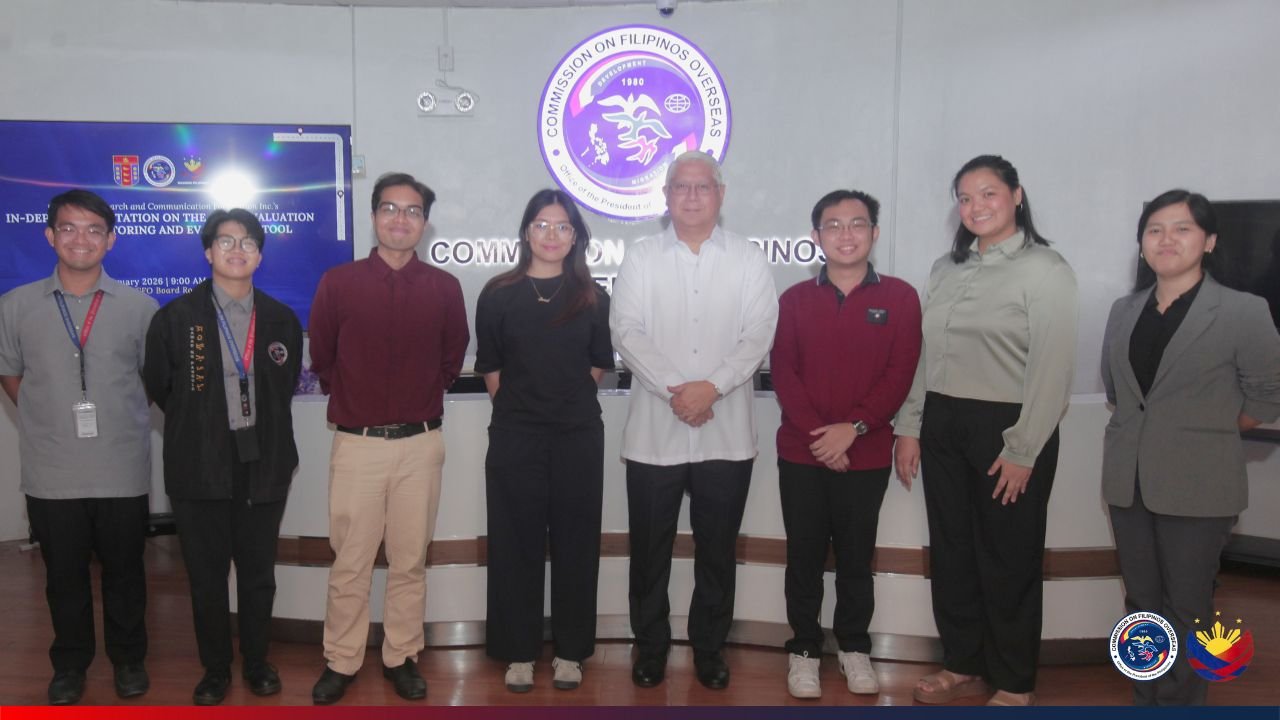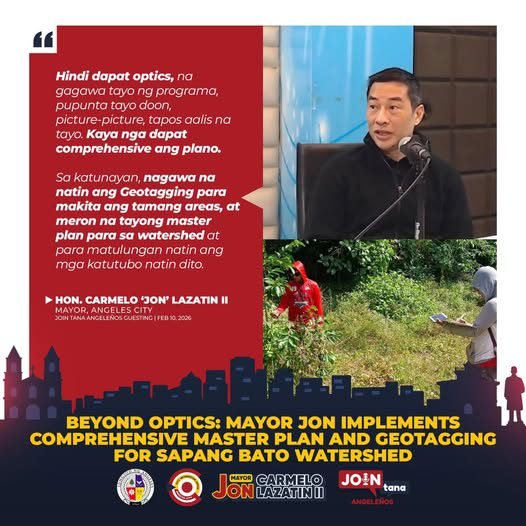Central Luzon posted a 6.1% growth in its Gross Regional Domestic Product (GRDP) in 2023, reaching ₱2.3 trillion, according to the National Economic and Development Authority (NEDA).
Though lower than the 8.1% growth in 2022, NEDA Regional Director Nerrisa Esguerra said the region continues to recover from the impact of the COVID-19 pandemic, with all provinces and highly urbanized cities posting growth rates between 4.6% and 7.5%.
“Angeles City and Olongapo City recorded the fastest growth at 7.5%, while Bulacan and Pampanga remained the top economic contributors, accounting for 50% of the region’s total output,” Esguerra noted.

The services sector led the region’s economic performance, contributing 47% of the GRDP, surpassing pre-pandemic levels.
Esguerra emphasized the importance of sustaining this growth and linking services with the industry and agriculture sectors. Initiatives include improving access to digital technologies for micro, small, and medium enterprises (MSMEs) to enhance operations and adopt e-commerce.
The industry sector accounted for 42.3% of the GRDP, driven by Central Luzon’s strategic location, making it a preferred investment destination.
Esguerra said the recent ban on Philippine Offshore Gaming Operations (POGOs) is an opportunity to redirect investments to productive, job-generating sectors.
Meanwhile, the agriculture sector contributed 10.8% to the GRDP, with growth improving slightly from 2.1% in 2022 to 2.6% in 2023.
Esguerra urged stakeholders to implement strategies in the Central Luzon Regional Development Plan (CLRDP) to boost agricultural competitiveness through modern technology, research, value-added products, and improved packaging and marketing.
“We need to modernize agriculture and attract young professionals to integrate it with industry and services. This is vital for achieving food security and generating quality jobs,” Esguerra said.
Esguerra highlighted the importance of private sector partnerships to support government efforts in achieving sustainable growth.
“Let’s innovate to reduce costs for businesses and improve service delivery. Priorities include resilient public infrastructure, transport, water, and energy systems, all of which can be enhanced through public-private partnerships,” she said.
NEDA affirmed its commitment to translating the Philippine Development Plan and CLRDP into programs and projects that promote inclusive and sustainable growth.














